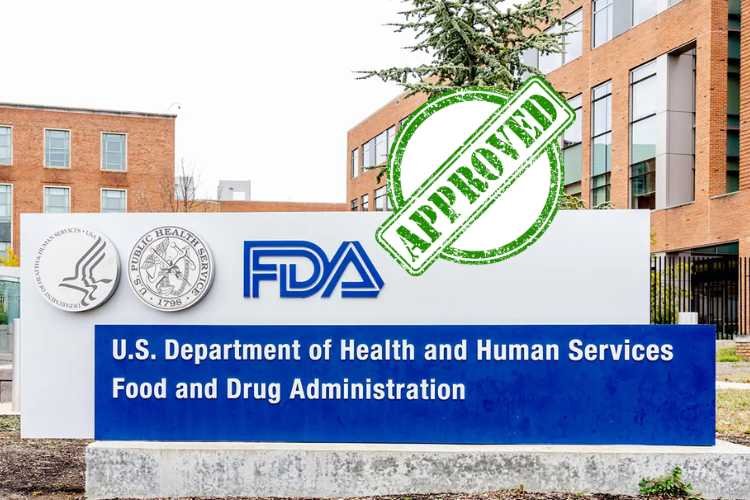After a decade of limited progress, the FDA has granted approval for the use of BioLineRx’s motixafortide, also known as Aphexda, in conjunction with the colony-stimulating factor (CSF) filgrastim to facilitate the mobilization of hematopoietic stem cells for autologous stem cell transplantation (ASCT) in patients with multiple myeloma. This innovative approach could improve the eligibility of cancer patients for stem cell transplants.
Historically, the success of ASCT in multiple myeloma has been contingent on the effective mobilization of stem cells during treatment. However, up to 47% of patients faced challenges in achieving the required numbers of hematopoietic stem cells for ASCT after a single apheresis session, depending on induction regimens and mobilization strategies.
“FDA approval of APHEXDA, the company’s first approved therapeutic, is a tremendously exciting and important moment in our history and validates our drug development programs. We would like to thank all of the patients and families who have contributed to the research and development of APHEXDA.”
– Ella Sorani, PhD, Chief Development Officer of BioLineRx Ltd
BioLineRx’s Aphexda represents the first advancement in stem cell mobilization for multiple myeloma to receive US approval in ten years. In a two-part study, a single dose of Aphexda in combination with filgrastim enabled the majority of patients (67.5%) to reach the specified collection goal for hematopoietic stem cells, compared to just 9.5% in the placebo-plus-filgrastim group.
Furthermore, 92.5% of Aphexda-treated patients achieved the stem cell collection goal in up to two apheresis sessions, compared to 21.4% in the placebo group. The study aimed to include patients representative of the typical multiple myeloma population undergoing ASCT, considering factors such as age and exposure to specific induction regimens.
In terms of safety, 5.4% of patients experienced serious side effects while on Aphexda, including vomiting, injection site reactions, hypersensitivity reactions, injection site cellulitis, low blood potassium levels, and hypoxia—a condition characterized by insufficient tissue-level oxygen.
“Given the strong efficacy data shown in the GENESIS trial, which included patients who are representative of the current multiple myeloma patient population, we believe APHEXDA will play a critical role in addressing unmet needs and introduce a new treatment paradigm for this challenging cancer. The company is working relentlessly to make this important innovation in stem cell mobilization available to appropriate patients, their physicians and transplant teams.”
– Philip Serlin, Chief Executive Officer of BioLineRx Ltd





























